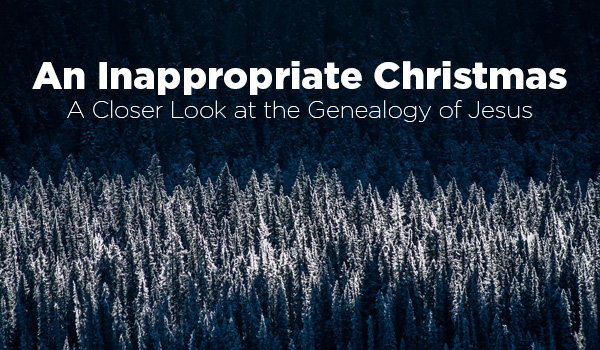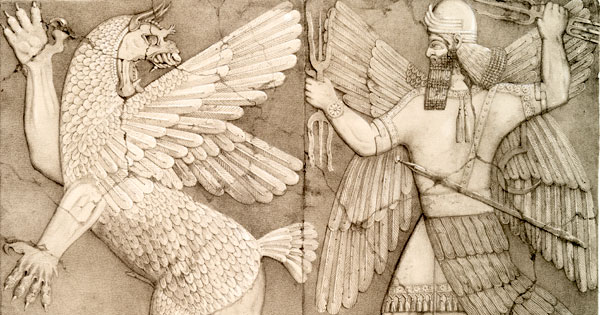“If you can’t trust the Bible on one thing, you can’t trust it on anything.” This sentiment is popular among many Christians and is the measuring rod by which they evaluate the Bible. They impose specific standards on the Bible, demanding that it behave in accordance with their expectations. The Bible is either facts or it is fairy tales — there allegedly cannot be any other categories.
But what if the Bible doesn’t line up with history? Was Abraham really a camel herder when camels weren’t domesticated until several centuries after he would have lived? Did a literal two million Israelites leave Egypt without leaving a trace of evidence? Did Jesus die on the day of Passover, as Mark’s Gospel says? Or did Jesus die on the Day of Preparation, as John’s Gospel says?
I remember facing these questions years ago and having an onslaught of anxiety, feeling the need to force the Bible to fit into my assumptions of how it ought to be. However, I realized that if my understanding of the Bible was hanging on how the previous questions were answered, I wasn’t allowing the Bible to speak for itself and be what it is.
In the ancient near-eastern world, history was viewed differently than it is today. Instead of compiling lists of facts, people took history and reshaped it for didactic (or teaching) functions.
I believe there is a historical core behind the Abraham stories, but he was probably a herder of donkeys, and the stories of Abraham were probably written down after… [Read more…] about When the Bible Doesn’t Give You History




